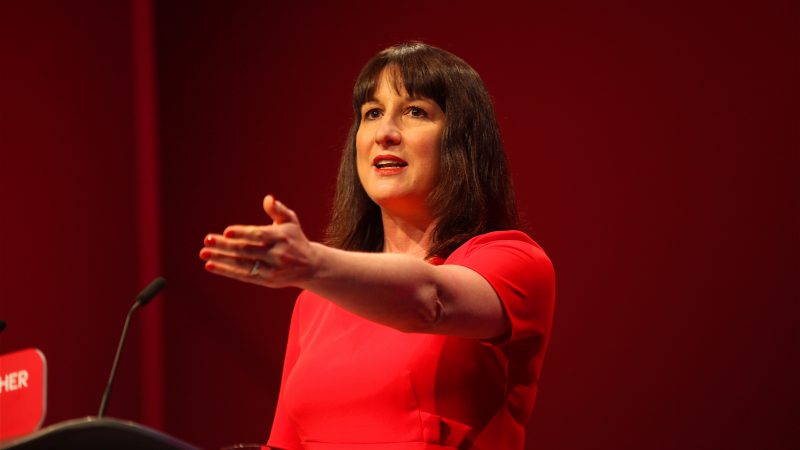
Almost two-thirds of voters support funding further cost-of-living support through taxes on the wealthy, a new report has indicated, just days after Rachel Reeves explicitly ruled out Labour introducing a wealth tax if it wins the next election.
The research, released today, also found that fewer than a quarter of those polled believe the cost-of-living crisis to be a priority for the Labour Party – with just 23% saying they thought it was a priority for the opposition, compared to 21% who said the same of the Conservatives.
The report was produced by the steering committee of the Stop the Squeeze coalition, a campaign bringing together more than 40 organisations to call for “bolder solutions” to the cost-of-living crisis, including guaranteeing affordable energy, boosting incomes and raising taxes on wealth.
The Shadow Chancellor said over the weekend Labour has “no plans for a wealth tax”, telling the Sunday Telegraph: “We don’t have any plans to increase taxes outside of what we’ve said. I don’t see the way to prosperity as being through taxation. I want to grow the economy.”
The party has previously set out several proposals to reform the tax system including scrapping the non-dom tax status, ending private schools’ tax breaks and cracking down on tax evasion and tax avoidance.
Momentum described Reeves’ announcement as “shameful”, tweeting: “Four people in this country have more wealth than 20 million Britons. Meanwhile, capital gains are taxed lower than income. This is a political choice to favour big business and the 1% over ordinary people.”
The new research from Stop the Squeeze – whose steering group comprises the Economic Change Unit, Tax Justice UK and the New Economics Foundation (NEF) – found that almost half (47%) of what they described as “key swing voters” do not know what Labour’s political priorities are.
More respondents said they thought Labour would do a better job than the Tories at tackling the cost-of-living crisis (40% compared to 21%). But three-quarters of those that backed Labour said they did not know what the party plans to do if elected.
The polling, which was completed by YouGov between July 25th and 26th, drew on a segmentation model developed earlier this year by the pollster alongside think tank Labour Together for its report Red Shift.
The report outlined six separate groups of voters within Britain’s electorate and identified so-called ‘Stevenage woman’ and ‘Workington man’ as “critical” to Labour’s electoral success.
According to Stop the Squeeze’s report, by far the most popular option for further cost-of-living support among those surveyed was “policies that bring down the cost of energy for everyone” (58% for all voters).
The second most popular option was “policies that cut taxes on goods and services” (28%), followed by “policies that limit the rise in mortgage costs” (28%), “policies that increase the minimum wage” (26%) and “policies that limit the rise in rent payments” (24%). The idea of cutting taxes on incomes was less popular, coming 6th overall.
When asked how additional support should be funded, 64% of respondents said they would prefer for it to be paid for by “increasing taxes on rich or wealthy people”, compared to just 4% who backed tax rises for those on average incomes and 6% who supported additional borrowing.
Commenting on the findings, NEF senior economist Sam Tims said: “Ahead of the next election, voters’ priorities are clear: they want politicians to offer up bold solutions to tackle the cost-of-living crisis. Energy bills, housing costs and wages will be at the forefront of people’s minds.
“There is a golden opportunity for any political party that can offer voters both a short term-plan to support people through the cost-of-living crisis and the long-term change we need to improve living standards for good.”
Tax Justice UK head of advocacy and policy Rachael Henry said: “The public are ahead of the politicians. They want common-sense solutions. That’s why public support for fairer taxes on wealth is overwhelming.
“People know that, while they struggle to afford their food shopping and electricity bills, there are astronomically wealthy people that could be asked to contribute more. It’s high time our politicians caught up.”
The Labour Party declined to comment.




More from LabourList
Letters to the Editor – week ending 1 March 2026
‘I spent years telling workers the law couldn’t help them – that has changed’
Josh Simons resigns as Cabinet Office minister amid investigation